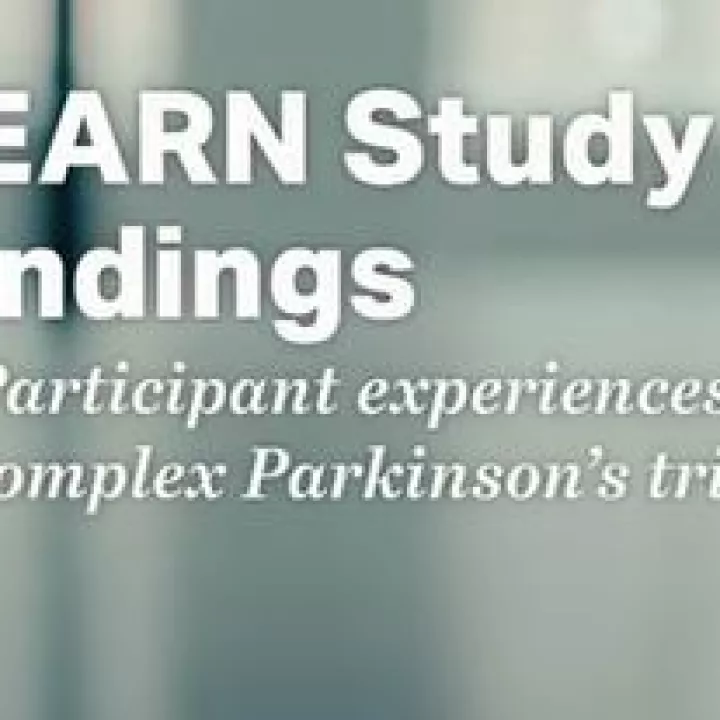The search for treatments that may help to slow down or stop the progression of neurodegenerative diseases like Parkinson’s disease has seen the recent development of non-traditional pharmacological therapies, such as growth factors, gene therapy and cell therapies. These new treatments are now coming through to the clinical trials to see if they work to slow stop or stop the progression of disease. In order for these novel treatments to work they need to get to the right place in the brain, which requires them to be placed directly in the brain via a neurosurgical procedure. This makes the clinical trial more complex and a greater burden for the people volunteering to take part. Both of these things can have impacts on data collection and the overall outcome of the study.
The ‘Listening to the experience of participants in neurosurgical trials’ (LEARN) set out to capture the experience of people with PD who have taken part in a complex trial of a new therapy for PD. The aim of the study was to understand the impacts of taking part in these trials to provide information for how to make future trials better for participants. If participants have a good experience, they are more likely to remain part of the trial, which maximises the robustness of the trial overall. We interviewed trial participants and their family members or support participants to capture their views on the trial processes and how taking part in the trial has affected them. We used this information and in partnership with the LEARN participants, we have produced a number of resources for; future trial participants to help them make decisions about taking part in trials and the doctors and scientists designing future trials.




